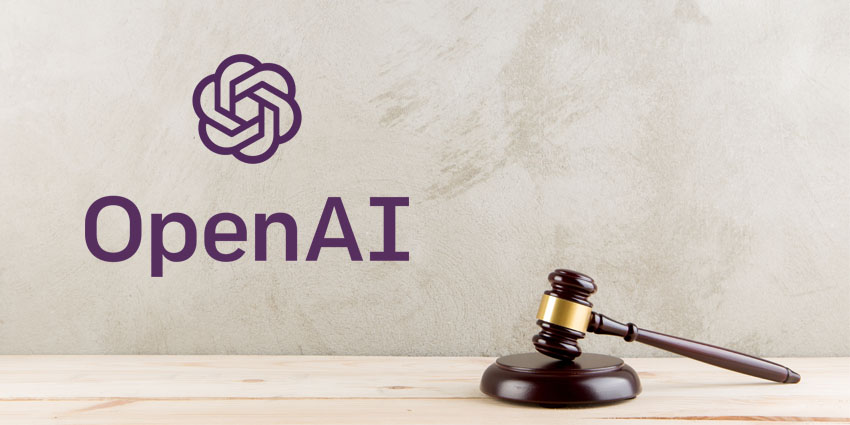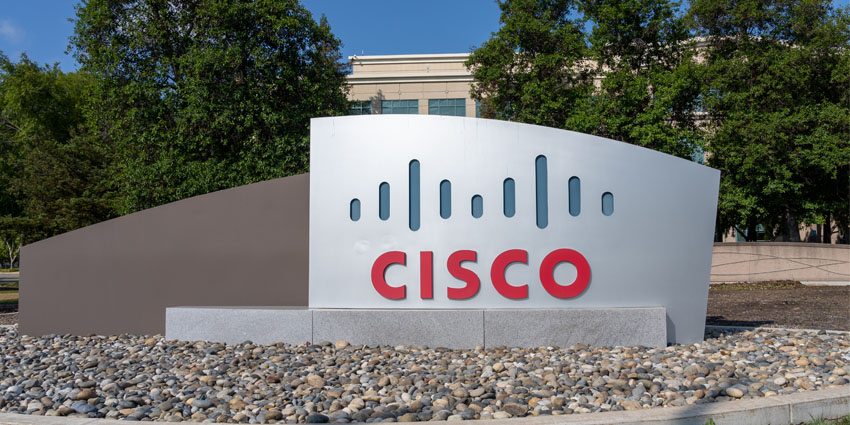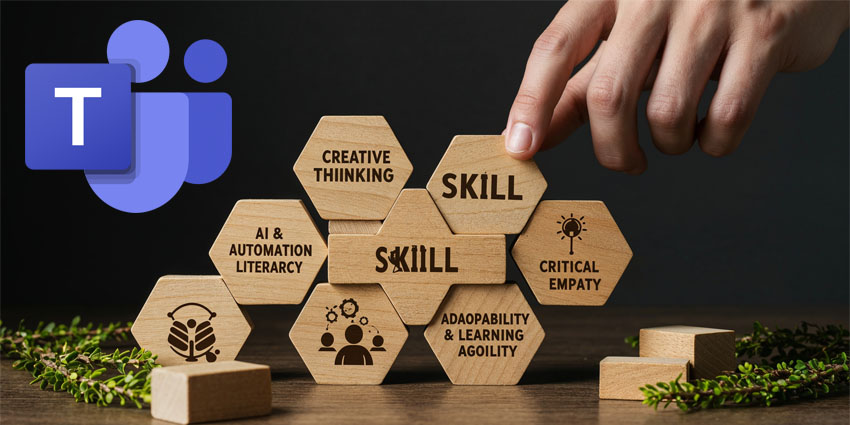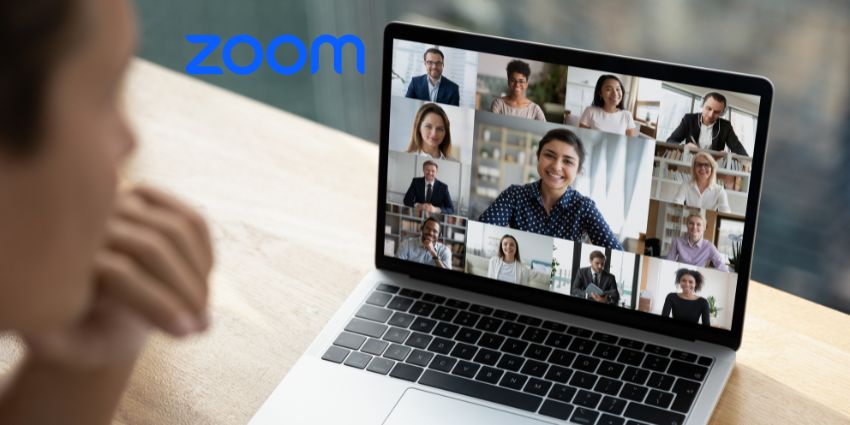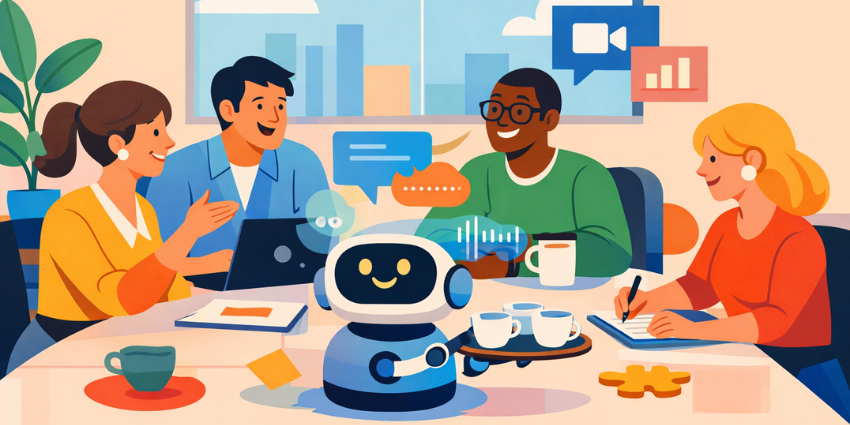Elon Musk has filed a suit against OpenAI and its Chief Executive Officer, Sam Altman, accusing both of prioritising profit ahead of its foundational mission of benefitting humanity.
The X owner, world’s richest man, and founding OpenAI board member filed the lawsuit last Thursday in San Francisco. He alleged that OpenAI’s investment deal with tech giant Microsoft, which has invested around $13 billion in the AI startup over the past four years, undermined its founding agreement.
The lawsuit claims that OpenAI is currently developing artificial general intelligence (AGI), an iteration of AI capable of performing various tasks at or surpassing human intelligence levels, for profit rather than the good of humanity.
The suit alleges:
OpenAI Inc has been transformed into a closed-source, de facto subsidiary of the largest technology company in the world: Microsoft. Under its new board, it is not just developing but is actually refining an AGI to maximise profits for Microsoft, rather than for the benefit of humanity.”
The suit echoes Musk’s longstanding view that AGI poses an existential threat to humanity as it could supersede human control. The suit states that AGI represents a “particularly acute and noxious danger to humanity” in the hands of for-profit organisations such as Google.
Musk, who left his position with OpenAI in 2018, alleges in his suit that Altman shared his concern about AGI and that the principle behind OpenAI was that it would be a non-profit AI lab embodying “the opposite of Google”. In partnership with OpenAI President Greg Brockman, whom Musk is also suing, the trio agreed to establish a lab with a foundational agreement focused on benefiting humanity. The lab would operate as a not-for-profit, open-source company.
Central to the suit is the claim that Musk was a “moving force” behind OpenAI’s growth and success, having supplied most of its funding during its early years.
The lawsuit claims OpenAI, Altman, and Brockman violated the founding agreement in 2023 by releasing GPT-4, the model behind ChatGPT, without transparency about its design, deviating from OpenAI’s original mission.
It also alleges that Microsoft owns GPT-4, supposedly AGI tech, outside OpenAI’s licensing agreement. Additionally, it claims OpenAI is developing Q*, a model with even more substantial AGI potential.
“This case is filed to compel OpenAI to adhere to the founding agreement and return to its mission to develop AGI for the benefit of humanity, not to personally benefit the individual defendants and the largest technology company in the world,” Musk’s lawsuit determined.
The OpenAI and Microsoft Relationship
The past few days have felt like the premiere of the second season of OpenAI’s Netflix TV show following November’s melodrama, which resulted in multiple antitrust bodies begin investigating Microsoft and OpenAI’s relationship, including the US’s Federal Trade Commission (FTC) and the UK’s Competition and Markets Authority (CMA).
These probes arrive after November’s astonishing saga, in which Altman was ousted by its board before being reinstated just four days later following intense pressure from both employees and investors.
Over 700 of OpenAI’s 770 workers said they would resign unless Altman was allowed to return, while Microsoft, as OpenAI’s largest investor, applied pressure on OpenAI’s board.
Microsoft released a statement two days after Altman’s sacking saying that it had hired both Altman and his OpenAI Cofounder Brockman to oversee a new AI research team. In an open letter to their board, the 700-strong group of OpenAI employees said that Microsoft had promised them jobs if they followed through on their threat of resigning.
After Altman’s return, Microsoft CEO Satya Nadella spoke about improving OpenAI’s governance. Microsoft also secured a nonvoting position on OpenAI’s new board.
Musk’s suit alleges that this passage of events illustrates that Microsoft has “significant leverage” over OpenAI. The lawsuit also contends that the new board lacks the expertise to confirm if OpenAI has achieved AGI and so can’t judge if it has possibly produced a product outside Microsoft’s license scope.
Following November’s melodrama, the CMA delivered an Invitation to Comment to both tech companies, which is part one of the CMA’s information-gathering initial review and is posted before initiating an official phase one investigation. The regulatory body asked Microsoft, OpenAI, and any other relevant third party whether “recent developments” had seen the partnership expand into a “relevant merger situation”.
Meanwhile, the FTC has announced that Microsoft and OpenAI’s relationship is among several tech giants and AI startup dynamics are being probed, including relationships led by Amazon and Alphabet.
How Has OpenAI Responded?
Not much publicly, having declined to comment to several publications, but Open AI executives have internally sought to calm the waters and ease employee uncertainty over the suit.
Axios saw an OpenAI memo circulated to employees in which the company’s execs refuted three of Musk’s essential claims, affirming that the organisation was still independent of Microsoft, that OpenAI’s overarching goal is to benefit humanity, and that GPT-4 had yet to fulfil AGI in its solutions.
“(These) allegations — including claims that GPT-4 is an AGI, that open-sourcing our technology is the key to the mission and that we are a de facto subsidiary of Microsoft — do not reflect the reality of our work or mission,” reportedly wrote Jason Kwon, Chief Strategy Officer.
Kwon’s memo also brought up the antitrust investigations carried out by the UK’s CMA and USA’s FTC.
“Separately, I want to update you on inquiries from government agencies,” Kwon reportedly said. “After the events of last November, they asked us for information, and this matches what we’d expect given the circumstances. We are a law-abiding company, committed to meeting all legal obligations and fully complying with the government’s requests.”
